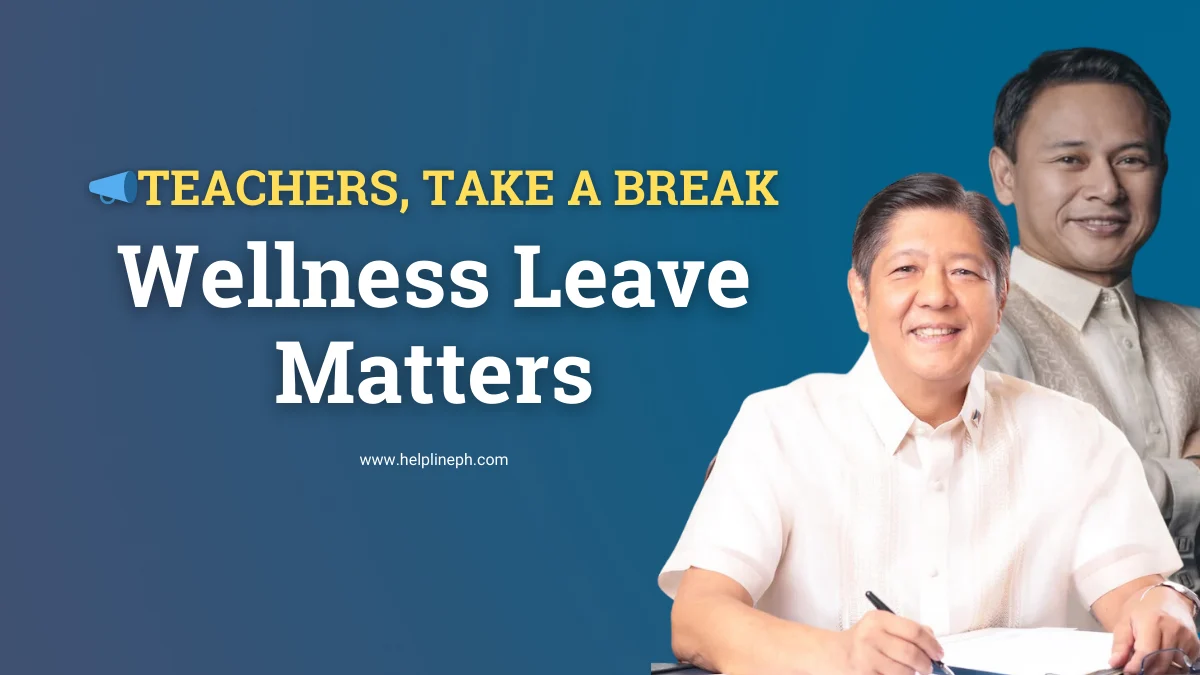The DepEd no auto pass policy has been confirmed by Education Secretary Sonny Angara, clearing confusion among parents and students in the Philippines. Some people believed that students were being promoted automatically, even if they struggled to read or understand lessons. But according to Angara, the Department of Education (DepEd) does not have a rule allowing students to pass without earning it.
This issue became a big topic after a Senate hearing showed that 18.9 million Filipino graduates were found to be functionally illiterate. This means they could read but had trouble understanding simple stories or instructions. Many people started asking if schools were just letting students move to the next grade without checking if they really learned.
In this article, I’ll explain what the DepEd really said, why this misunderstanding happened, and what steps are being taken to make sure students learn what they need to know before they graduate.
What Did DepEd Say About the Auto Pass Rumor?
Secretary Angara made it clear: “There is no DepEd policy that allows students to be automatically passed.” He admitted that some parts of the school system may be putting pressure on teachers to promote students, but there’s no official rule that says all students must pass no matter what.
He explained that sometimes teachers feel forced to let students pass because their own job evaluations depend on pass rates. If a teacher’s performance is judged by how many students pass, they may feel pressured to push students forward even if they’re not ready.
Angara called this a “design flaw” in the system, not a problem with teachers themselves. He said, “When teachers feel their evaluations and promotions depend on pass rates, the system bends in that direction.”
Why Do People Think There Is Mass Promotion in Schools?
Many parents and students think there is a mass promotion in schools because they see students moving up grade levels even if they struggle with reading or math. Some parents have shared stories about children graduating without being able to read well or solve simple problems.
But Angara explained that while this may be happening in some schools, it’s not because of a DepEd rule. It could be happening because teachers and principals feel pressure to show high pass rates. Sometimes, schools want to avoid high dropout numbers or bad reports.
This misunderstanding has grown over time, especially after the pandemic, when many students struggled with distance learning and online classes. Some people believed that schools just pushed students forward to keep things moving, even if they didn’t really learn the lessons.
How Is DepEd Fixing the Problem?
The DepEd no auto pass policy is being supported by new plans to improve how students are tested and promoted. Angara said that DepEd will review its policies on learner assessments, remediation programs, and promotion standards.
This means students will only be promoted if they show they have learned enough to move to the next grade. Those who need more help will get extra support through intervention programs.
Teachers will also be evaluated in a better way. Instead of just looking at how many students pass, their performance will also be judged by other factors, like:
- How well they teach the lessons
- How they manage classroom resources
- How satisfied parents and students are with their teaching
This broader evaluation will take away some of the pressure teachers feel about pushing students forward just to keep pass rates high.
Why Is This Important for Filipino Students?
If we let students pass without learning, they may struggle later in life. Imagine graduating from high school but still not being able to read a newspaper or understand instructions at work. That’s why it’s so important to make sure every student learns the basics before they graduate.
The DepEd student promotion policy aims to stop this silent problem. Instead of quietly letting students pass, schools will work harder to support students who are falling behind.
This is also part of DepEd’s bigger plan to teach students to be critical thinkers, not just memorization machines. Angara said DepEd wants to focus more on helping students understand ideas and solve problems, rather than just memorizing facts for tests.
My Thoughts as a Parent
As a parent, I’ve also worried when I see my child’s classmates moving up grades even though they’re struggling. It’s hard not to think that schools just want to avoid problems by passing everyone. But after hearing what Secretary Angara said, I feel a little better knowing there’s no official rule for automatic passing.
I do hope schools really follow this policy and give extra help to students who need it. It’s not enough to just say “no auto pass”—schools need to have good programs to help kids catch up. Parents like me also need to work with teachers to make sure our kids are learning what they need.
What Can Parents and Students Do?
Here are some ways parents and students can support this policy:
✅ Talk to teachers: Ask how your child is doing and what they can work on.
✅ Help with homework: Even simple help at home can make a big difference.
✅ Use free learning tools: Many websites offer free lessons in reading, math, and science.
✅ Join school meetings: Be involved in school activities to stay informed.
By working together, we can make sure no child is left behind, even without an auto pass policy.
FAQs
Does DepEd really have a “no auto pass” policy?
Yes. DepEd does not have a policy that lets students automatically pass without meeting learning standards.
Why are some students promoted even if they are struggling?
Sometimes, pressure on teachers or schools to show high pass rates may lead to students being promoted, but this is not an official DepEd rule.
What is DepEd doing to fix mass promotion?
DepEd is reviewing its policies and improving teacher evaluations, learner assessments, and intervention programs to stop mass promotion in schools.
How can parents help their children succeed under this policy?
Parents can work closely with teachers, monitor their child’s learning, provide support at home, and encourage their child to ask for help if they’re struggling.






